![]() The Federation of Small Businesses (FSB) is urging the Chancellor to review the VAT increase when the deficit has been significantly reduced and to return it to 17.5 per cent.
The Federation of Small Businesses (FSB) is urging the Chancellor to review the VAT increase when the deficit has been significantly reduced and to return it to 17.5 per cent.
The Chancellor has said that this rise to 20% is here to stay as it a change to the tax system to deal with the structural deficit. VAT was introduced in the late 1970’s, to replace various sales taxes, at a standard rate of just 8%. By 1980 it rose to 15%, and then rates were increased again in 1991 to pay for John Major’s cuts in the the poll tax.
Barring a temporary one year cut to 15% under Gordon Brown, VAT rates have always gone up and never down. Under the current government the VAT rise is intended to raise money to cut the budget deficit, but history suggests it’ll never drop back below the 20% rate which came into effect today.
The FSB argue that small firms will be hit hard by the rise in VAT as unlike big businesses, they can’t absorb the increase. This will mean that small firms will have to pass the full cost on to customers, reduce stock levels or find cost savings elsewhere – potentially costing jobs and undermining the Governments private sector led recovery.
The FSB has also been calling on the Government to help small businesses cash-flow by increasing the threshold at which they begin to pay VAT, from the current rate of £70,000 to £90,000. They claim that this has the potential to create up to 35,000 jobs and help small businesses when they need it most.
I would argue that regardless of the threshold for VAT, having a ceiling where VAT is collected on ALL sales once the threshold is reached is the biggest threat to small businesses growing. All raising the limit to £90,000 does is increase the pain when the threshold is exceeded. In my view a stepped approach to VAT similar to income tax would significantly lower the impact on small businesses and stop encouraging them to limit their growth by trading just below the VAT threshold.
The FSB point out that 52 per cent of businesses expect to increase prices, 45 per cent expect a fall in turnover, and 36 per cent expect a loss of customers as a result of the latest VAT increase. There is no chance that the public sector can expand to drag the country out of recession, as the FSB point out the government themselves are looking to the private sector to strengthen the economic recovery of the country.
The rise in VAT whilst unwelcome to consumers hits retailers especially hard compared to other small business. Whereas business to business transactions largely allow VAT to be reclaimed a retailer only has two choices – absorb the increase or pass it on to customers.
The VAT rise is in reality a 14% rise to the tax the government collects on every retail transaction in the country. Whilst it’s unarguable that the budget has to be balanced by one means or another, stifling the growth of small businesses will impact the economy for the next generation.
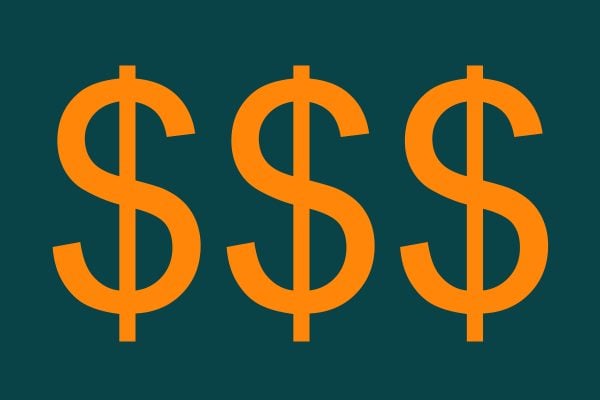
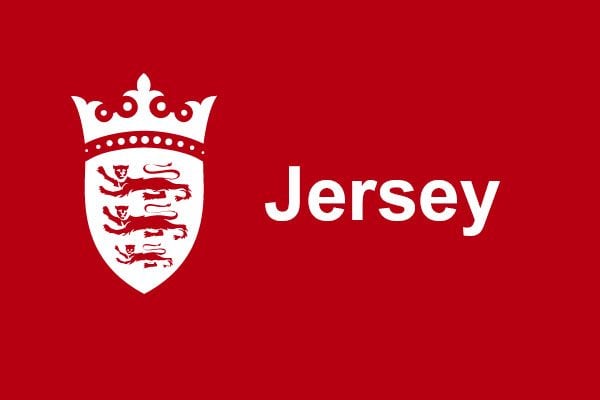
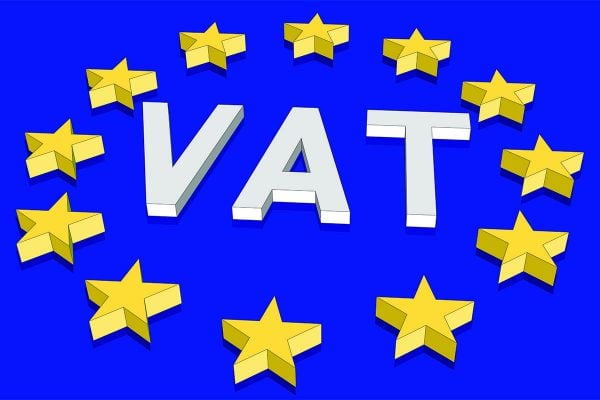
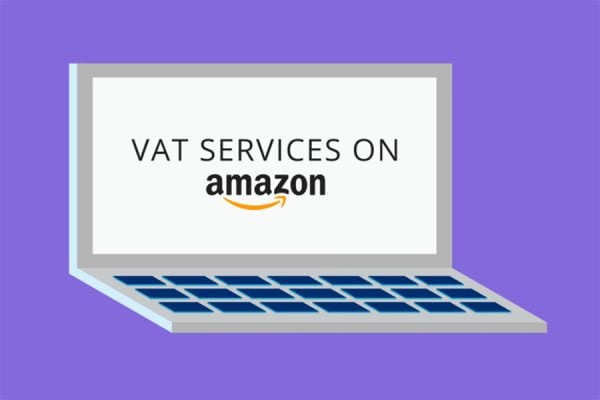



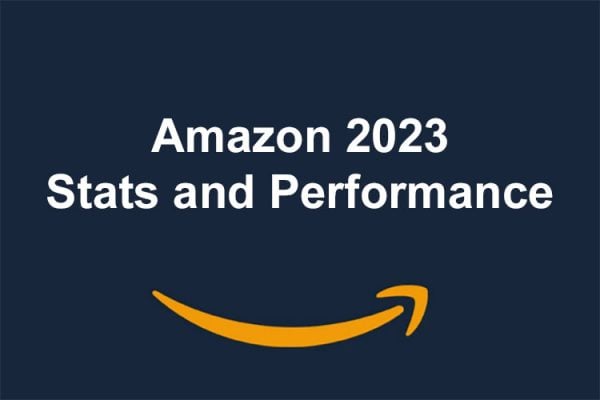
13 Responses
Am I being dim, but is this not a little late, releasing on the day of the rise, rather being publicised at the time of the announcement of the VAT increase?
Matthew
The Chancellor has said that the rise in VAT to 20% is here to stay to deal with the “structural deficit”. Now if we recognise that the “Structural deficit” is the result of the late and totally unlamented Labour Governments total incompetance in managing the UK Economy is the Chancellor really saying that we will never again be free of the total governmental incompetance in running the UK economy the only differance is that it is now a shower of Blue Incompetants and before it was a shower of Red Incompetants? I suspect that he is not but as I do not like either shower of incompetants I would say that he is probably right. The UK wastes a great deal of money every year. Money that comes out of the pockets of every Tax Paying Person in the UK. I have been interested in and active in Politics(including once being a Parliamentary Candidate) suince 1964 and looking back over the years since 1900 I find it very difficult to identify one single Government of either Red or Blue since the end of World War 1 that had the expertise to run a Hot Dog Stall. The current shower could not run the proverbial Booze Up in a Brewery although they are probably marginally better than the previous lot… at least the current lot might, just might, remember the bottle opener. I can remember when VAT was first introduced at 8%. It replaced Purchase Tax. If you really want to see a totally chaotic and badly organised Tax then look up the records of Purchase Tax. But what we want in the U.K. is a Competant Government that is capable of sorting out the Countries problems and getting us back on track so that the British People can once again rise to the challenge. But I cannot see any sign of the Blue(or the mucky yellow lot) having the qualities to sort out the mess and raising the VAT to 20% may help them sort out some problems but it will go no way towards curing the underlying problems. Roll on the Next General Election.
As a small business I speak to my accountant several times over the year, but only submit my books for tax purposes once a year. I know that I should keep on top of my paperwork, but the reality is that every end of year I spend several days tidying up.
We are not VAT registered and will always keep below the threshold because as much as I dislike paying any taxes the thought of additional paperwork with the threat of penalties puts me right off.
We are hopeful of approaching the VAT threshold in turnover this year, and if the threshold was £90,000 we would try and close on this figure. At the moment however if we achieved turnover of £90,000 with a threshold at £70,000 we would lose money. Now whichever way you look at it this is £20,000 less circulating in the economy and is a bar to growth.
That’s assuming that everything you sell is at the standard rate. We sell items at 20%, 5% and zero rated.
we charge no vat at all to the customer and the customer pays us no vat fee as such
we pay vat on our turnover and profit
so its really a business tax
“I would argue that regardless of the threshold for VAT, having a ceiling where VAT is collected on ALL sales once the threshold is reached is the biggest threat to small businesses growing.”
That’s the point. Big business pays for our leaders, they don’t want competition for their business from more efficient smaller companies. Politicians are just doing what their masters instruct them to do.
Jimbo re 3.1.1.1.1. The flat rate schemes are calculated based upon your proportions of VAT at 20% etc. So in theory it is just a simpler way of doing the calculations that arrive at the same or very similar result. In regard to Chris Dawson re 3.1.1.2. you still have to invoice your customers. Each item has VAT on it so if there is any form of allowance then it has to be seen as some form of subsidy and a case of businesses not paying over to HMRC the amount of tax that they have invoiced. A Financial Scandal in the making.